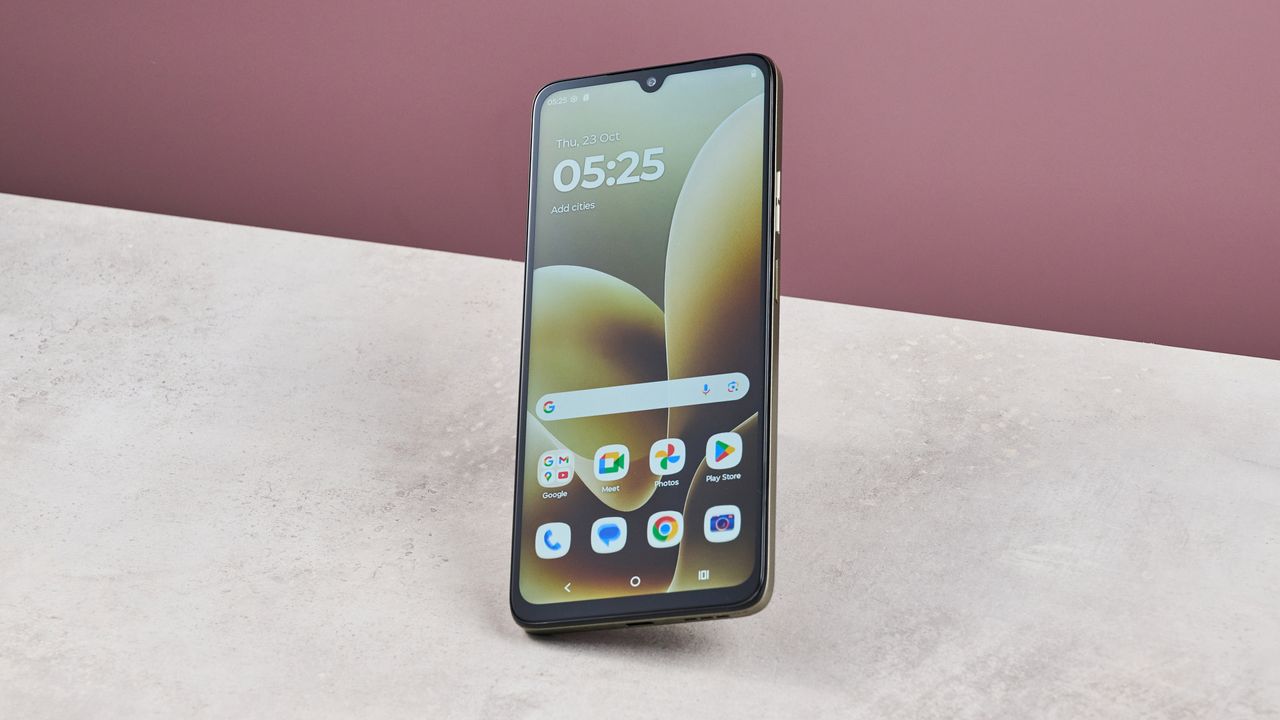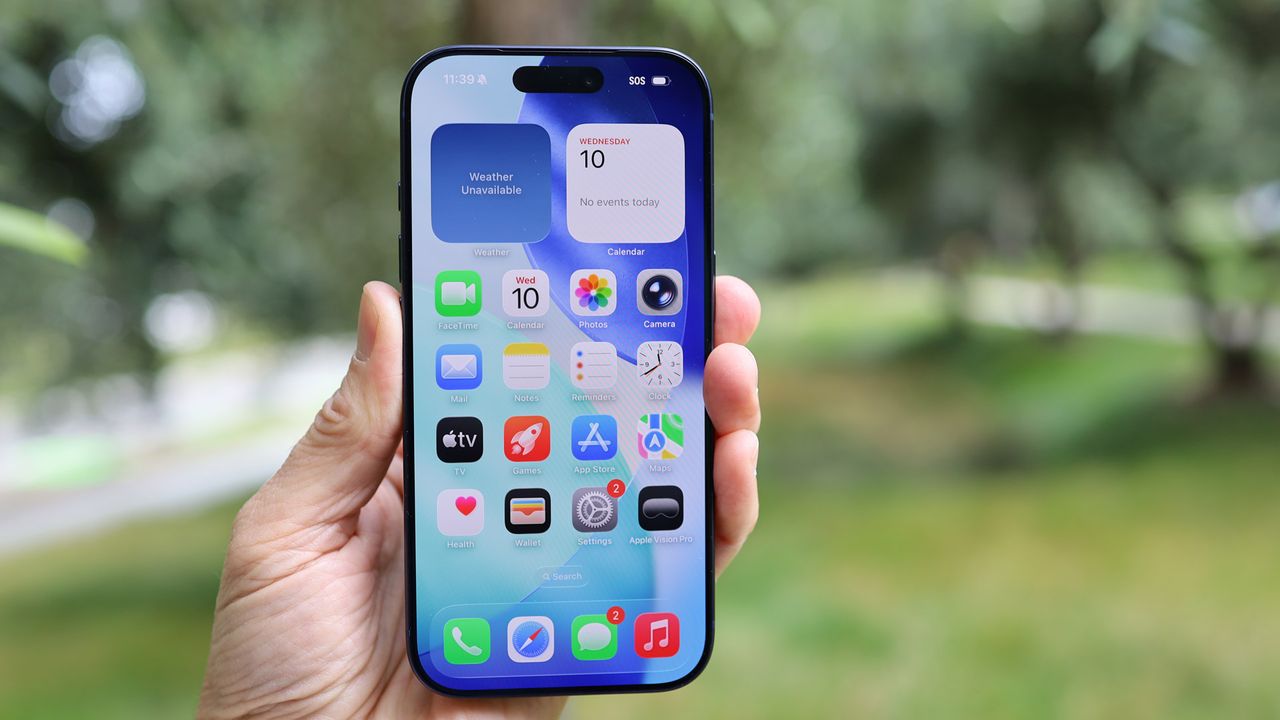
iOS 12 is going to bring some new security features. This is extremely welcomed, isn’t it? One of the new features is the USB Restricted Mode. When enabled, this mode will force you to re-authenticate any USB devices plugged into your iOS device – if it’s been locked for more than an hour. What does this mean, exactly? Well, the only thing that will be allowed through your Lightning port is charging. You won’t be able to plug into iTunes in order to sync either. But what kinds of scenarios are we talking about? I mean, it doesn’t sound like there’s a lot you can do other than charge your iPhone, so what gives?
The biggest reason is related to connecting to iTunes in order to be able to sync. With this new feature, you will be forced to manually authenticate this every single time if you haven’t unlocked your device for more than an hour. The best example of when this might occur is at night when you’re sleeping. Because what other time do you go an entire hour without looking at your iPhone?

Another reason would be if you rely on the USB to listen to or record audio. Overall, how useful is this feature? It seems kind of silly, doesn’t it? The truth is, the reason for this update is to make it harder for law enforcement agencies to gain access to information on iPhones. The feature disables data transfer through the Lightning port one hour after the phone was last locked, thus preventing third-party hacking tools used by law enforcement from accessing the device. Here’s how to enable this USB mode:
- On your iOS device, head into Settings > Face (or Touch) ID & Passcode. You’ll be prompted to enter your passcode.
- After authenticating, scroll down to the ALLOW ACCESS WHEN LOCKED section. The bottom-most toggle will be labeled USB Accessories. By default, this is turned off to prevent unwanted access to the device.
- Switch this on to allow all USB accessories to work, even past the one-hour threshold.

If a law enforcement agency wants to gain access to an iPhone, its options are now limited – even with a warrant. The data on the device is encrypted and cannot be pulled off without cooperation from Apple or the owner of the iPhone. You might remember that Apple faced off over this exact issue with the FBI in 2016. The case went to court, and while Apple didn’t end up having to build the software that they wanted, the FBI was able to unlock the phone from a third party.

This practice has spread in recent years, with law enforcement agencies around the world buying devices that can pull information off a locked phone. Companies like Grayshift sell the devices that plug into your USB port. Is this a win for the security of iPhone users? This is a time when law enforcement is watching everyone. Which is why it’s no surprise that Apple is trying to tighten things up from a security perspective. This update will be available in iOS 12 later this year. Given the way the industry works, it might not be long before Apple will need to come up with something else to help prevent law enforcement from getting into your device.



